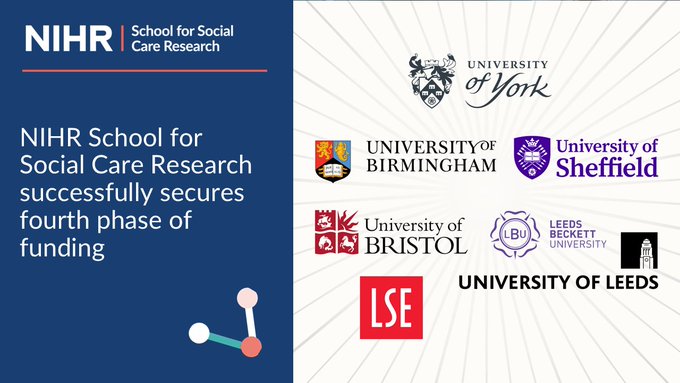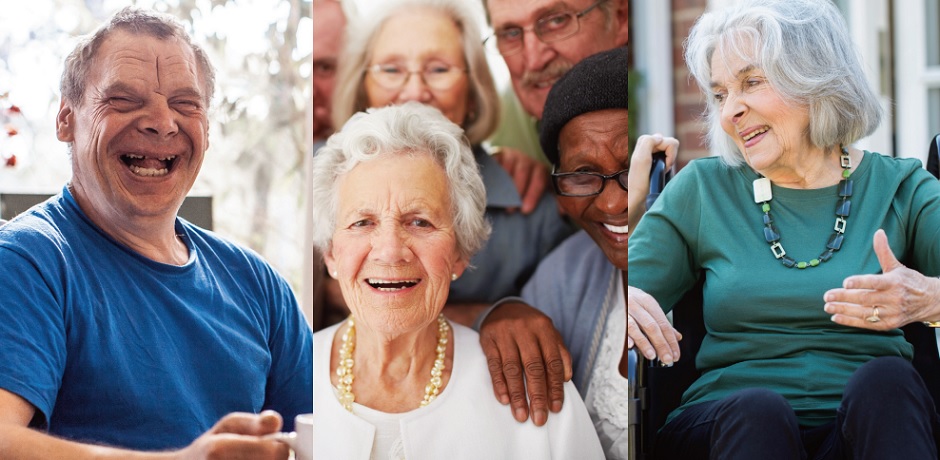)
Communication passports
Communication passports were generally poor and did not result in better communication, study finds
Research found that communication support did not appear to be targeted at those who experience the greatest communication challenges
Improved staff training about communication and interaction is needed, a study led by Jill Bradshaw at the University of Kent has concluded.
Communication needs
At least 45% of people with learning disabilities experience serious problems with communication. Communication passports are a tool for supporting people who cannot easily speak for themselves by making information from formal assessments easily accessible to all. A good communication passport clearly describes communication strengths and needs.
Dr Jill Bradshaw and colleagues aimed to explore the use of communication passports and the quality of communication in adult social care for people with intellectual and development disabilities. They also looked at whether having a communication passport resulted in better communication.
The research team recruited 29 service users in total, including 10 passport users, with full data collected on 24 of them. They carried out 18 communication assessments and had assessment data on 22 individuals. The study included interviews with staff (60), family members (5), and service users (5), questionnaires from 28 individuals, observation of 24 individuals, and review of existing communication assessments for the eight people who had them.
For the participants in the study, staff described them as needing a variety of communication methods, including verbal communication (86%), gestures (44%), symbols (20%) and signed communication (7%).
The quality of communication passports
The study was unable to recruit participants who had passports of good quality.
Of the participants in the study who had communication passports, these were of poor quality, limited individualisation, were not accessible and the information they contained was vague.
The research found that having either a communication passport or assessment did not result in better agreement about communication skills.
Overall, staff communication in the study was not rated as more appropriate if person had a communication passport, and it was not rated as more appropriate if person had a speech and language therapy assessment.
Communication support
The study found that there was very limited formal use of alternative and augmentative communication, with many interactions being only verbal, despite service users needing additional support from visual means of communication. Some staff appeared to think they had a choice about whether or not to use additional forms of communication.
People were observed to receive contact of any type from staff for 15% of the time on average (range 0–47%) – equating to an average of nine minutes in every hour. Those people with verbal communication skills received better support for communication.
In the interviews that were carried out with the service users using Talking Mats, participants reflected that staff tended to do things for people rather than support people to do things for themselves. Participants reported having little choice over activities.
Implications
The study suggests that the quality of support for communications is a reflection of:
- the lack of knowledge about service user communication strengths and needs and how to address these;
- missed opportunities to engage in communication and interaction;
- lack of knowledge about (and value given to) alternative and augmentative communication;
- misunderstandings about choice;
- lack of knowledge about the need for structure and predictability; and
- differences in understanding about the role of staff in supporting engagement in activities, communication and relationships.
The research team concluded that better (statutory) training about communication and interaction is needed, including skills in person-centred active support, alternative and augmentative communication and providing positive and enabling environments.
Better information is also needed regarding individual’s communication strengths and needs, both from formal assessments and from sharing information across teams and between families and those working in services.
Full summary findings
NIHR SSCR (2020) Evaluating the Impact of Communication Passports, Research Findings 124, NIHR School for Social Care Research, London.
Further information
This study was funded by the NIHR School for Social Care Research and led by Jill Bradshaw at the University of Kent.
The findings were completed before COVID-19 and have been published to support NIHR SSCR’s requirement that findings from all completed studies are made publicly available.
















